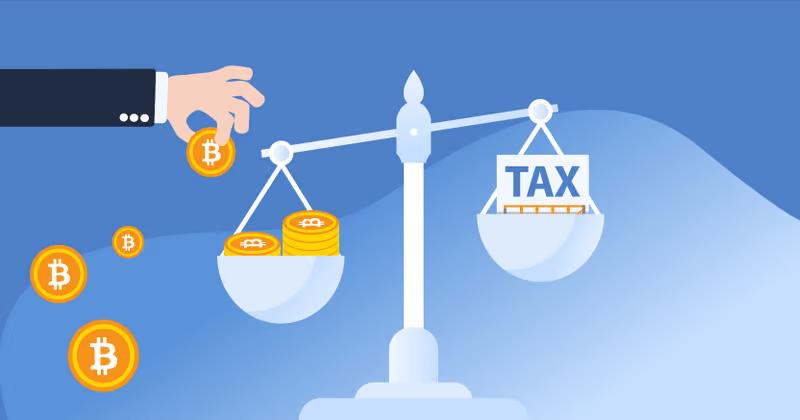Vietnam Crypto Tax Guide 2025
Is crypto legal in Vietnam? Do you need to pay tax on your crypto gains? Learn everything you need to know in this updated guide.

Vietnam Crypto Tax Guide 2025
Everything you need to know about crypto legality, taxation, and regulations in Vietnam — explained simply.
🌏 Why Crypto Is Booming in Vietnam
Vietnam has topped Chainalysis’s Global Crypto Adoption Index twice in a row — and it’s no accident.
- 69% of the population lacks access to traditional banking (Statista)
- Over $13.5B in remittances received in 2022 alone
- 60%+ live in rural areas — crypto offers a powerful alternative
Vietnam’s population is crypto-curious by necessity — not just ideology.
⚖️ Is Crypto Legal in Vietnam?
✅ Legal to Own and Trade
Vietnam’s 2015 Civil Code and 2005 Commercial Law broadly define “property” to include digital assets like crypto. This means:
- Individuals can own, trade, and invest in crypto
- Cryptocurrencies are treated as movable property
❌ Not Legal for Payments
However, crypto cannot be used as a legal means of payment.
Per Decree 80/2016/ND-CP and Document 5747/NHNN-PC, only VND (Vietnamese Dong) is recognized as legal tender.
⚠️ Restrictions for Institutions
While individuals are free to use crypto, institutions face strict limitations:
- Public companies and securities firms are prohibited from issuing or trading virtual assets
- Covered by Official Letter 4486/UBCKGSDC (July 2018)
🕵️ Can the Government Track Your Crypto?
Vietnamese authorities have struggled to regulate crypto due to:
- 🚫 No AML/reporting rules
- 🚫 No investor protections
- 🚫 No licensing for exchanges
- 🔍 Difficulty tracing wallet transactions
That said, regulation is on the horizon — and traceability tools are improving globally.
💸 Do You Pay Tax on Crypto in Vietnam?
Here’s where things get tricky.
🧾 What the MOF Says
In 2016, the Ministry of Finance issued a letter (No. 4356/BTC-TCT) stating that:
Crypto transactions are subject to:
- Value-Added Tax (VAT)
- Corporate Income Tax (CIT) (for businesses)
- Personal Income Tax (PIT) (for individuals)
This is based on treating crypto as property or commodities.
👨⚖️ What the Courts Say
Vietnamese courts later challenged this interpretation:
- Cryptocurrencies are not officially defined as goods/assets
- The MOF overstepped by issuing tax guidance without clear law
As of 2025, individuals do not pay tax on crypto in Vietnam.
But this legal grey zone could change very quickly.
🛣️ What’s Next?
Vietnam is slowly moving toward a clearer regulatory framework. Expect:
- Updated definitions of digital assets
- Stricter rules for exchanges and service providers
- Potential tax guidance modeled after other countries
🔚 Final Thoughts
Vietnam's crypto scene is vibrant, fast-moving, and full of potential. But regulatory uncertainty makes it a risky playground — both for users and platforms.
If you’re investing in crypto from Vietnam:
- Stay updated on new laws
- Avoid using crypto as payment
- Keep good records of your transactions
Need help managing your crypto taxes once the laws kick in? Check out Kryptos Tax Tools.